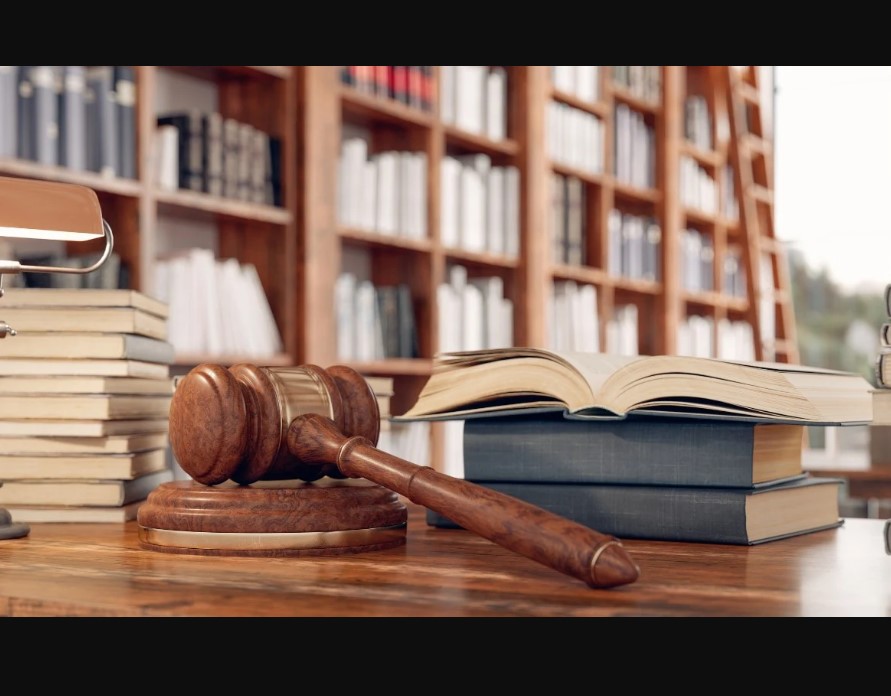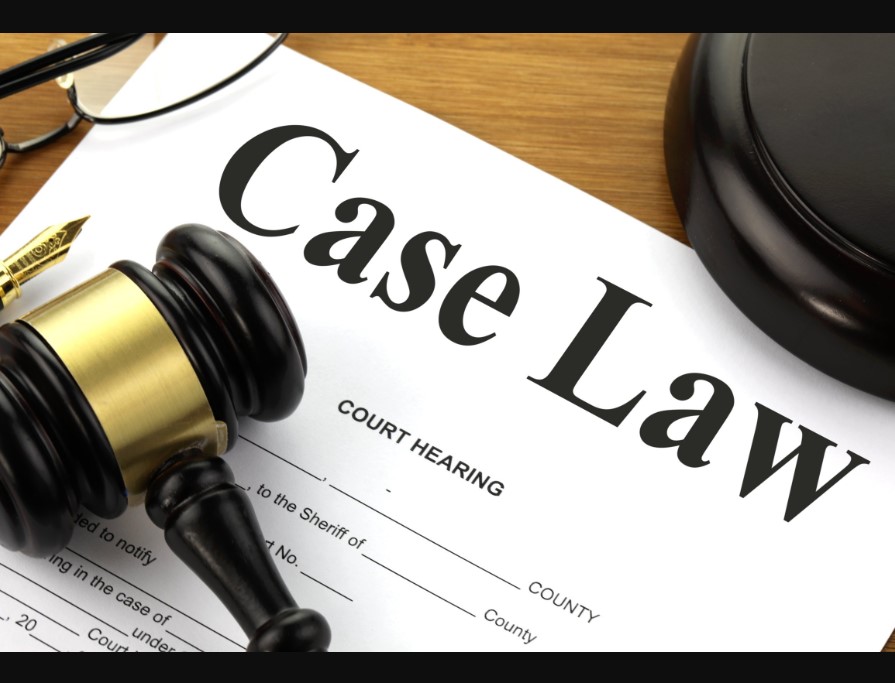
Litigation is a fundamental aspect of the legal system, encompassing a wide range of processes and activities involved in resolving disputes through the court system. This article delves into the concept of litigation, its types, the litigation process, and its implications for individuals and organizations.
What is Litigation?
Litigation refers to the process of taking legal action or resolving disputes through the court system. It involves the formal initiation of a lawsuit, where one party (the plaintiff) brings a complaint against another party (the defendant) to seek a legal remedy. Litigation can arise from various disputes, including personal injury claims, contract disputes, employment issues, property disputes, and more.
Key Characteristics of Litigation
- Formal Process: Litigation follows a structured legal process governed by rules and procedures, ensuring that both parties receive a fair hearing.
- Judicial Oversight: Courts oversee litigation, providing a neutral environment where disputes can be resolved according to the law.
- Public Record: Litigation proceedings are generally public, allowing for transparency in the legal process.
- Binding Decisions: The outcomes of litigation are legally binding, meaning the parties must comply with the court’s decision.
Types of Litigation
Litigation can be categorized into several types based on the nature of the disputes involved. Understanding these categories is crucial for determining the appropriate legal strategy.
Civil Litigation
Civil litigation involves disputes between individuals, businesses, or government entities seeking monetary damages or specific performance rather than criminal penalties. Common types of civil litigation include:
- Contract Disputes: Cases involving disagreements over the terms or performance of a contract.
- Personal Injury Claims: Lawsuits filed by individuals seeking compensation for injuries caused by another party’s negligence or wrongful conduct.
- Property Disputes: Conflicts related to real estate, including boundary disputes, landlord-tenant issues, and zoning challenges.
Criminal Litigation
Criminal litigation pertains to cases where the government prosecutes an individual or organization for violating criminal laws. This type of litigation involves serious consequences, including fines, imprisonment, or probation. Key components of criminal litigation include:
- Prosecution: The government (the prosecution) brings charges against the accused (the defendant).
- Defense: The defendant has the right to defend against the charges, often with the assistance of legal counsel.
- Burden of Proof: In criminal cases, the prosecution must prove the defendant’s guilt “beyond a reasonable doubt,” a higher standard than in civil cases.
Administrative Litigation
Administrative litigation involves disputes between individuals or entities and government agencies. This type of litigation often arises when a government body enforces regulations or takes actions that individuals believe are unjust. Examples include:
- Licensing Disputes: Challenges to the denial or revocation of professional licenses.
- Environmental Regulations: Cases involving compliance with environmental laws and regulations.
Class Action Litigation
Class action litigation allows a group of individuals with similar claims against a common defendant to collectively bring a lawsuit. This type of litigation is often used in cases involving consumer fraud, product liability, or discrimination. Class actions provide several benefits, including:
- Efficiency: Resolving numerous similar claims in a single lawsuit can save time and resources.
- Access to Justice: Individuals may find it challenging to pursue small claims independently, but a class action enables them to join forces.
The Litigation Process
Understanding the litigation process is essential for individuals and businesses considering legal action. While specific procedures may vary by jurisdiction, the general steps in the litigation process include:
Pre-Litigation
Before initiating litigation, parties often engage in negotiations or alternative dispute resolution (ADR) methods, such as mediation or arbitration. These processes aim to resolve disputes without going to court.
Filing a Lawsuit
If pre-litigation efforts fail, the plaintiff files a complaint in the appropriate court. The complaint outlines the parties involved, the legal claims being made, and the relief sought. The defendant is then served with the complaint and has the opportunity to respond.
Discovery
Discovery is a critical phase in litigation where both parties exchange information and evidence relevant to the case. This process may involve:
- Interrogatories: Written questions that the opposing party must answer.
- Depositions: Sworn testimony taken outside of court.
- Requests for Documents: Requests for relevant documents, emails, and other evidence.
Pre-Trial Motions
Before trial, parties may file motions to resolve specific issues or dismiss parts of the case. Common pre-trial motions include:
- Motion to Dismiss: Requests to dismiss the case based on legal grounds.
- Motion for Summary Judgment: Requests for a judgment based on undisputed facts, eliminating the need for a trial.
Trial
If the case is not resolved through settlement or pre-trial motions, it proceeds to trial. Trials can be conducted before a judge (bench trial) or a jury (jury trial). During the trial, both parties present their evidence and arguments, and the judge or jury renders a verdict.
Post-Trial Motions and Appeals
After a trial, parties may file post-trial motions, such as motions for a new trial or to alter the judgment. If a party believes that errors occurred during the trial, they may appeal the decision to a higher court.
The Impact of Litigation
Litigation can have significant implications for individuals and businesses. Understanding these impacts can help parties make informed decisions regarding legal action.
Financial Costs
Litigation can be expensive, involving attorney fees, court costs, and other expenses. The financial burden may deter individuals or small businesses from pursuing legitimate claims.
Time Commitment
Litigation often requires a significant time commitment, with cases taking months or even years to resolve. This can disrupt business operations and personal lives.
Emotional Stress
The litigation process can be emotionally taxing, leading to stress and anxiety for the parties involved. The uncertainty of the outcome can also contribute to this stress.
Public Exposure
Litigation is generally a public process, meaning that details of the case may become public knowledge. This exposure can impact reputations and relationships.
Conclusion
Litigation is a complex and multifaceted process that plays a crucial role in the legal system. By understanding the various types of litigation, the litigation process, and its implications, individuals and organizations can navigate legal disputes more effectively. While litigation can be a powerful tool for seeking justice, it is essential to consider the costs, time, and emotional impact associated with the process. Ultimately, informed decision-making and exploring alternative dispute resolution options may provide better outcomes in many situations.





